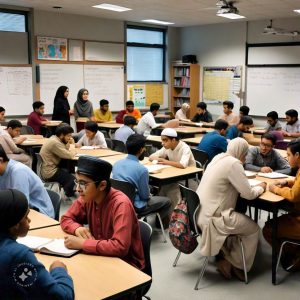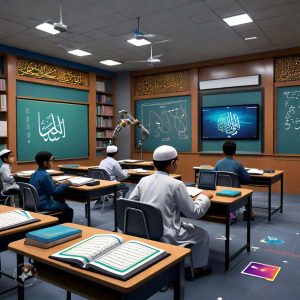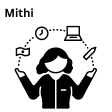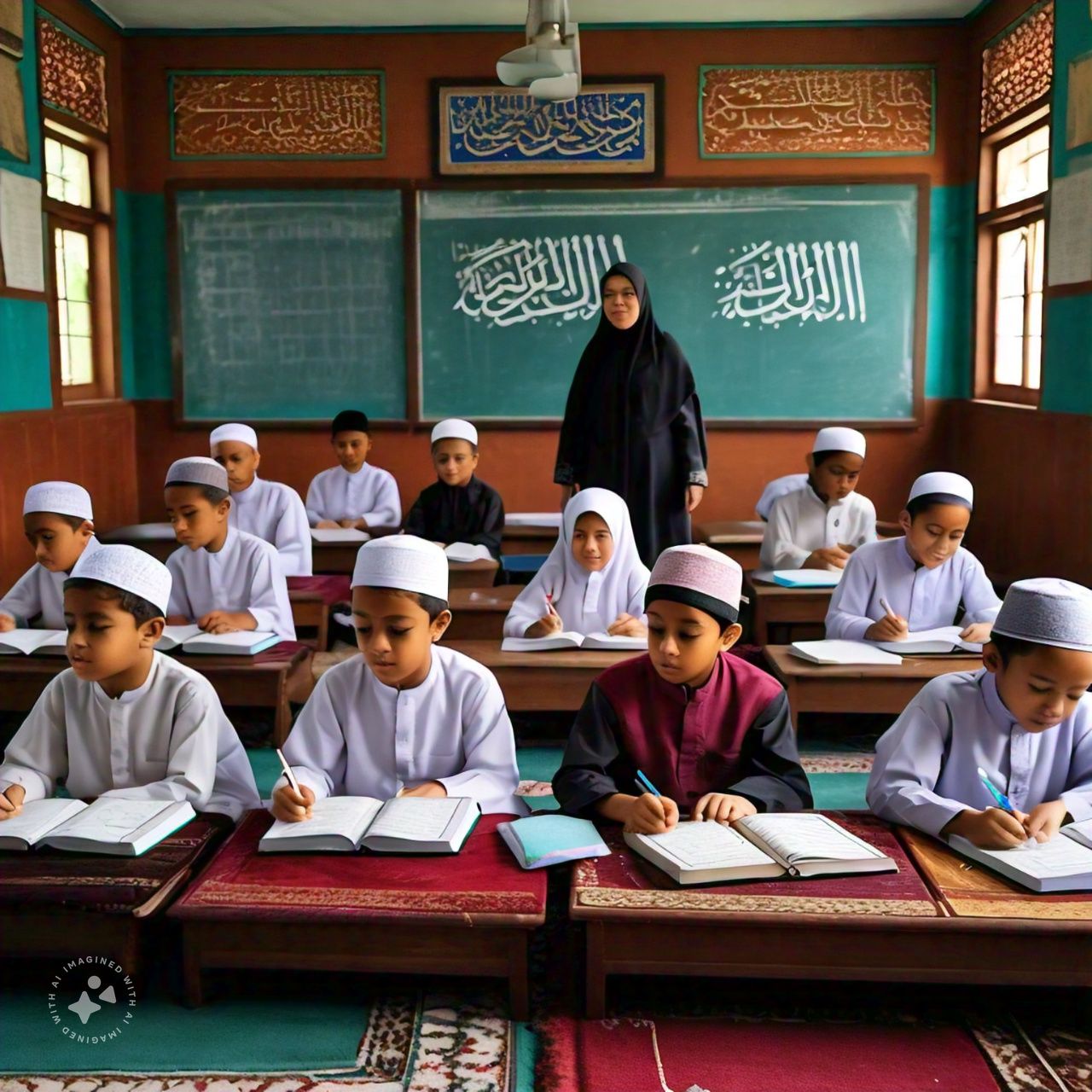Introduction: The Clash of Two Ideologies
Education has long been recognized as a battleground for ideological contestation, with the intersection of religion and education often stirring debate. Among the most contentious discussions in this realm is the conflict between secularism vs Islamism in education. Secularism advocates for a separation of religion from public life, including schools, whereas Islamism seeks to integrate Islamic principles into all aspects of life, including the educational sphere. This article will delve into the contrasting perspectives of secularism and Islamism in education, examining their historical backgrounds, the challenges they present, and the broader impact on educational systems worldwide.
1. Understanding Secularism in Education
Secularism, in its simplest form, is the principle of separating religion from the state, including public institutions like schools. In education, secularism means that religious doctrines or practices do not influence the curriculum or school policies. Secular educational systems focus on scientific reasoning, critical thinking, and universal values, such as equality and human rights, without promoting any particular religion.
Countries like France and the United States have long upheld secular education models where religious symbols, practices, and teachings are kept out of public schools. This approach aims to ensure that education remains neutral and that students from diverse religious backgrounds feel included.
Key Aspects of Secular Education:
- Neutrality in religious matters.
- Emphasis on science, reason, and critical thinking.
- Promoting values such as democracy, tolerance, and individual rights.
However, secular education faces criticism, especially from religious groups that feel marginalized or that believe their values are undermined in public schools.
2. The Rise of Islamism in Education

Islamism, on the other hand, promotes the belief that Islam is not only a personal faith but a comprehensive political, social, and legal system. Islamists believe that Islamic principles should govern all aspects of life, including education. This ideology pushes for Islamic values, ethics, and teachings to be central in school curricula.
In many Muslim-majority countries, Islamic schools (Madrassas) and Islamic education systems emphasize religious studies, including the Quran, Hadith (sayings of Prophet Muhammad), and Fiqh (Islamic jurisprudence). While Islamic education focuses on cultivating religious morality and a deep connection with faith, critics argue that it can limit students’ exposure to scientific inquiry and global perspectives.
Islamism in education advocates for:
- Curriculum based on Islamic law (Sharia).
- Integration of religious instruction with academic subjects.
- Gender segregation in schools.
- The teaching of morality and values rooted in Islamic faith.
Countries like Saudi Arabia, Iran, and Afghanistan have educational systems deeply influenced by Islamism. However, the extent to which Islamic principles are integrated varies, with some countries striking a balance between religious and secular subjects.
3. Secularism vs. Islamism: Key Differences
The conflict between secularism and Islamism in education centers on their fundamentally different worldviews. Secularism values religious neutrality and independence from dogma, while Islamism promotes the view that religion, specifically Islam, should guide every aspect of life, including schooling.
4. The Challenges of Balancing Secularism and Islamism
Finding a balance between secular and Islamist ideologies in education is a challenge that many countries face, particularly those with diverse religious populations. In Muslim-majority nations, efforts to modernize education often clash with conservative Islamic beliefs, leading to political and social tensions.
Countries like Turkey have attempted to balance secularism with Islamism, with mixed results. Turkey, once a staunchly secular state under its founder Mustafa Kemal Atatürk, has seen a rise in Islamist influence in recent years. This shift has led to changes in school curricula, with more emphasis on religious teachings.
On the other hand, countries like Tunisia have managed to maintain a relatively secular education system while respecting Islamic traditions. This balancing act requires careful policy-making that considers the needs of both religious and secular populations.
5. Impact on Students and Society

The impact of secularism and Islamism in education is profound, influencing not only students but also society at large. Secular education promotes critical thinking, scientific inquiry, and democratic values, preparing students to participate in a globalized world. It also fosters inclusivity, as students from various religious backgrounds can study without feeling excluded or pressured to conform to a particular faith.
In contrast, Islamist education places a strong emphasis on moral and religious development. While this approach can help instill a sense of identity and community, it may also limit students’ exposure to diverse viewpoints and hinder their ability to engage with a pluralistic society.
Some potential impacts of these opposing ideologies include:
- Secular education: Encourages open-mindedness, tolerance, and a global perspective.
- Islamist education: Reinforces a strong religious identity and community but may limit engagement with broader societal values.
6. Secularism and Islamism in Global Contexts
Around the world, the tension between secularism and Islamism in education can be seen in various forms. In Europe, where many Muslim immigrants live, debates about the role of religion in schools are frequent. Countries like France have strict secular policies that ban religious symbols in public schools, which has led to controversy among Muslim communities.
In the Middle East and North Africa, the struggle between secular and Islamist forces is particularly evident in the education sector. Countries like Egypt have seen a tug-of-war between secular educational reforms and Islamist movements pushing for greater religious influence.
7. The Role of Governments and Policy Makers
Governments play a critical role in determining the direction of education systems, particularly when it comes to the secularism vs. Islamism debate. In countries where religion plays a significant role in politics, education policies often reflect the dominant religious ideology. For example, in countries like Saudi Arabia and Iran, where Islamism is deeply ingrained in the political fabric, educational policies are heavily influenced by Islamic principles.
In contrast, secular governments like France or India implement policies to keep religion out of public schools, promoting a neutral space for learning. However, this approach is not without its challenges, as religious communities may feel marginalized or underrepresented.
8. The Future of Secularism and Islamism in Education

The future of secularism and Islamism in education depends largely on political, social, and technological changes. As globalization continues, there may be greater pressure for education systems to adopt more secular approaches, focusing on preparing students for a global workforce. However, in regions where religion remains a central part of identity, Islamism will likely continue to influence educational practices.
One potential pathway forward is finding a middle ground where secular and religious education can coexist. For instance, schools could offer both secular subjects and religious instruction, allowing students to gain a well-rounded education that respects both global knowledge and personal faith.
Conclusion: A Complex Balance
The ongoing debate between secularism vs Islamism in education reflects broader societal conflicts between modernity and tradition, globalism and localism, and faith and reason. While secularism advocates for an inclusive, neutral educational environment, Islamism seeks to instill moral values rooted in faith. Both approaches have their merits and challenges, and finding a balance between them is critical for fostering an education system that serves all members of society.

